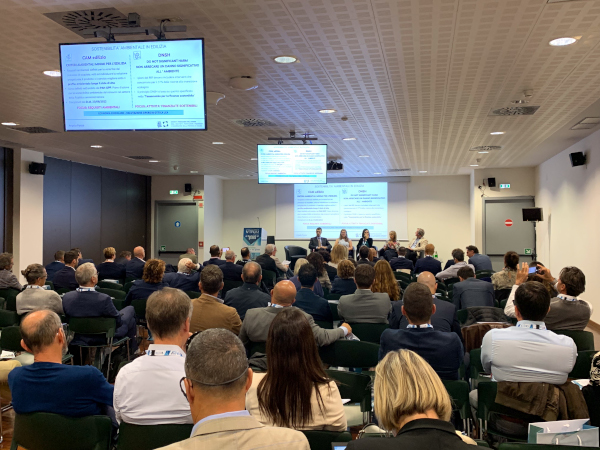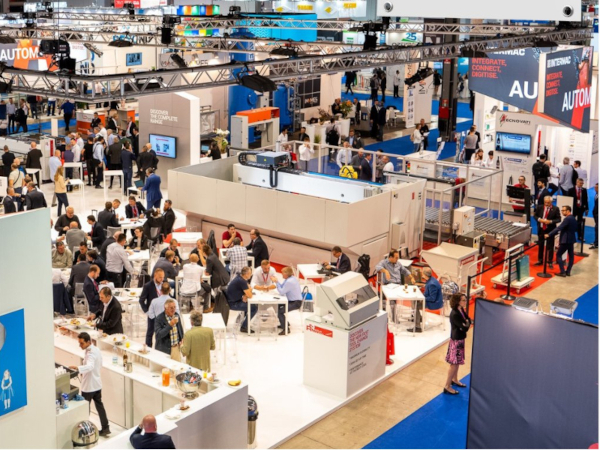Date: 4 August 2011
The objective is still focused on offering storage systems that ensure the highest possible level of safety for employees, optimization of space, savings and maximized time management. The company’s profound commitment over the years has allowed it to build a strong relationship of trust with glass manufacturers and to build storage units for the most diverse needs, with capacities that range from 2,000 to 50,000 kg, and become a global leader in the industry. And that goes for the competition, too, which often can’t resist the temptation to copy. Today, Marco Piazza, young manager and the first of two brothers to go to work for the family firm, fills the role of Technical Director and Sales Manager. Armed with his technical education and very involved in markets around the world, he’s both proud and determined to carry the weight of responsibility that he freely chose to place on his shoulders. As demonstrated by his clear, concise answers to our questions.
Specialized in the manufacture and supply of storage systems, Antonio Piazza Brevetti is a global leader in the glass industry. Marco Piazza carries on the family business, in the wake of a completely autonomous decision he made while still completing his technical education.
Antonio Piazza Brevetti is a recently-established company, created in 1996, even though it grew out of pre-existing companies. You came on board with the company at the same time: it seems like a well-coordinated plan. How did that come about?

Creating the company and my coming on board were planned, analyzed and studied in detail well in advance of 1996.
Your technical studies are perfectly aligned with the role you play in the company. Was the idea of working for the family business a decision you made as a youth, or did you consider the option of a different profession?
I imagine that working in the family business, in some cases, can be more of an ‘obligation’ than a choice, in order to not disappoint the expectations of one’s parents, who have invested time and money in the company, in the hopes that one day their children will take their place.
In my case, however, it was freely chosen, a decision I made during the last few years of my technical studies.
Your current role in the company as Technical Director and Sales Manager puts you in charge of the two functions that could be the most crucial for the success of the company. In which of these two positions are you faced with the more difficult challenges?
Certainly, the more difficult challenges I face are in my role as Sales Manager, because it’s key to the company’s success. Sales are a bit like the fuel that feeds the engine, if the fuel doesn’t get there, the engine won’t run.
The Italian companies in the glass industry are reaping the benefits of a healthy recovery from the past economic crisis, thanks to the driving force of exports. Do you think that the world-wide leadership of Made in Italy products is still intact, or do you think it’s feeling the effects of the increasingly fierce competition, both in Europe and in what were once called ‘emerging’ nations?
In those markets where quality is prized, Made in Italy products are still the leaders.
In markets (in Italy, too) where price is the decisive factor and quality is not, real Italian products are in trouble.
Asia and South America have been, to date, considered the most promising markets in which to expand one’s business. In your opinion, which markets will open up in the next five years?
China, India, and Brazil.
An optimistic interpretation of the major political and economic upheavals says that radical changes always offer great opportunities for development. We’ve seen it all in the last ten years, and it’s still going on. Should we be worried or should we be optimistic?
I’d say we should be careful.







Add new comment